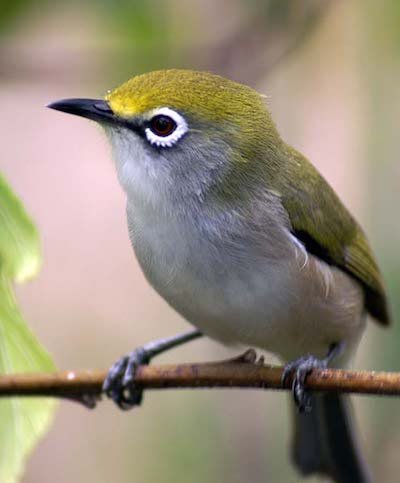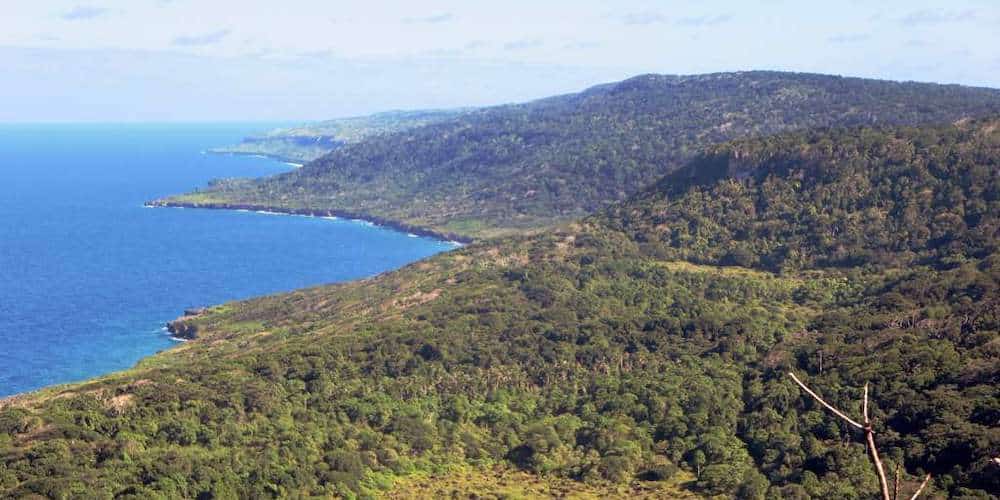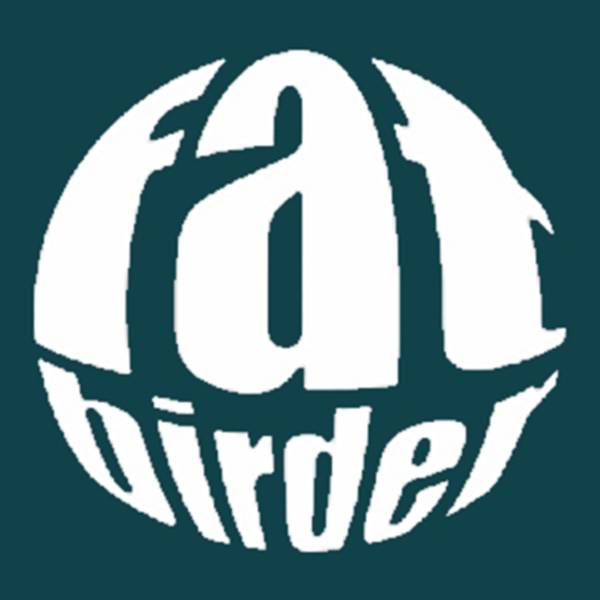Territory of Christmas Island

The Territory of Christmas Island is an Australian external territory comprising the island of the same name. It is located in the Indian Ocean, around 350 kilometres (220 miles) south of Java and Sumatra and around 1,550 kilometres (960 miles) northwest of the closest point on the Australian mainland. It has an area of just 135 square kilometres (52 square miles). With just under 140km of coastline, the island less than 20k long and less than 15k wide at its greatest points. The island is surrounded by a narrow reef with very few accessible points because of the cliffs there are just a few beaches. It has a population of around 2,000 people.
It is believed that Christmas Island is the emergent summit of an ancient submarine volcano formed some 60 million years ago. Today it rises 360m above the Indian Ocean in a series of steep cliffs, wave-cut terraces and a central plateau. Being isolated and unpopulated until the late nineteenth century has meant minimal human disturbance to local nature which has high endemism. However, for most of its human history it has been ‘mined’ for the phosphate in its guano, which remains the only industry apart from a little tourism.

East Coast – ©David Stanley, Nanaimo, Canada, CC BY 2.0 via Wikimedia Commons
The ocean around the island is a Marine Park. The climate is tropical monsoon with temperatures mostly between 20 & 30. The wet season is November to June and the dry July to October and it is subject to tropical cyclones during the wet.
Birding Christmas Island
If you are looking for an unforgettable birdwatching destination, you will love Christmas Island! 63% of the island’s 135 square kilometres is national park mostly comprised of monsoonal forest. Areas that were mined are being restored. Most of the native mammals are extinct leaving just the endangered endemic Christmas Island Pipistrelle, an important pollinator. The island’s close proximity to South East Asia and the equator has resulted in a diverse range of bird species. It is notable for its thirteen species of land crab. Just six species of butterflies include two endemics.
The island is large enough to have developed its own unique rainforest ecology. 86 migrant birds have been recorded passing through. Six of the ten local land birds are endemic species or sub-species. The inquisitive Island Thrush, whose melodious evening song lends a wonderful musical quality to the tropical, palm-fringed sunsets, does occur in other islands has been regarded as endemic in the past.
However, it is the seabirds that are the biggest attraction. Christmas Island is the sole nesting place of the Abbott’s Booby; here it nests in tall rainforest trees on the central plateau. It is also the only nesting place of the Christmas Island Frigate Bird, and is home to the lovely Golden Bosun Bird. It has been said that “…to biologists, Christmas Island approaches the same level of importance as the famous Galapagos Islands”. Christmas Island also supports an endemic owl, imperial pigeon, white-eye and swiftlet. Many species are quite inquisitive and those birdwatching can be rewarded with some truly special sightings. With little effort is it quite easy to tick off a full list of residents in a busy week or more relaxed fortnight, though the Christmas Island Hawk Owl can be very elusive.
-
Marketing Manager
Christmas Island | marketing@christmas.net.au
http://www.christmas.net.au
-
Number of bird species: 172
Number of endemics: 4
Christmas Island Imperial Pigeon Ducula whartoni
Christmas Island Glossy Swiftlet Collocalia natalis
Christmas Island Boobook Ninox natalis
Christmas Island White-eye Zosterops natalis
Number of endemics: 2 Endemic Sub-species
Emerald Dove Chalcophaps indica natalis
Christmas Island Brown Goshawk Accipiter fasciatus natalis
-
Avibase - The World Bird Database
ChecklistThis checklist includes all bird species found in Christmas Island , based on the best information available at this time. It is based on a wide variety of sources that I collated over many years. I am pleased to offer these checklists as a service to birdwatchers. -
Indian Ocean Experiences
Checklist
-
Christmas Island IBA
WebpageChristmas Island is an Endemic Bird Area in its own right, supporting five endemic species and five subspecies including the Critically Endangered Christmas Island Frigatebird, the Endangered Abbott's Booby and the Vulnerable Christmas Island Imperial-pigeon, Hawk-owl and White-eye. It also supports more than 1% of the world population of five other seabirds.
-
MP Christmas Island Marine Park
WebpageSatellite ViewChristmas Island Marine Park covers an area of 277,016 square kilometres and extends from the island’s shoreline to the limit of Australia’s Exclusive Economic Zone (AEEZ), approximately 200 nautical miles from shore (except to the north of Christmas Island). -
NP Christmas Island National Park
WebpageSatellite ViewThis tiny dot of land in the Indian Ocean boasts tropical rainforests, freshwater wetlands, spectacular sea cliffs and diverse wildlife both above and below the water...
-
Australian Wildlife Journeys
Tour OperatorChristmas Island is one of Australia's best birdwatching destinations. An internationally renowned seabird rookery, the island attracts about 80,000 nesting seabirds every year. You will have the opportunity to see the world's rarest booby and frigatebird! -
Birdwatching Holidays on Christmas Island
Tour OperatorMany species are quite inquisitive and those on a birdwatching holiday can be rewarded with some truly special sightings. Highlights include the rarest bobby and frigate birds in the world, the Abbotts Booby & the Christmas Island Frigatebird. With little effort is it quite easy to tick off a full list of residents in a busy week or more relaxed fortnight, though the elusive Christmas Island Hawk Owl keeps many coming back for more! -
Island Explorer Holidays
Facebook PageJust like it says - the local specialist who offer birding trips as well as general tourism…
-
2014 [11 November] - Richard Baxter
PDF ReportIn November and December 2014 I ran two back to back birding tours to Australia’s Cocos Keeling Islands and Christmas Island. Both tours were twelve days in duration and involved five days on CI and seven days on Cocos. We’re usually the first group of birders to visit the islands during the migration season, hence each day is filled with anticipation as to what vagrants we might find. This trip is also a good indicator as to what species we might find when we return in February, as many of the vagrants spend all summer on the islands.Overall, they were hugely successful. -
2015 [12 December]
ReportAfter a few free days in the south-west I jumped on a plane and headed off the Christmas Island. I should put in a couple of excuses here to explain my poor results in this iconic birding location. I had four days on the island but was there for work so had limited dedicated birding time. That said, my work took me all over the island and regularly into the national park, so I don’t have too many excuses. -
2016 [Summer] - Richard Baxter
PDF ReportIt was with much excitement and anticipation that we gathered on Tuesday morning the 17 th November 2015 for the first trip to Australia’s Indian Ocean Territories of the 2015-16 migration season. Several migrants had been seen on both islands in recent days and the local endemics were ready to put on a great show -
2019 [09 September] - Mark Van Beirs
PDF ReportThe little known and hard to see Black Grasswren was without a doubt the Bird of the Tour, not only because we saw this secretive and rare, iconic species so well, but also because of the major effort involved in getting to its remote haunts in the wilderness of the Kimberley in the extreme northwest of Australia. The Christmas Island pre trip produced amazing views of marvels like Red-tailed and exquisite “golden” White-tailed Tropicbirds, Christmas Island Frigatebird, the antediluvial-looking Abbott’s Booby and Christmas Island Boobook.
-
Birds of Christmas Island
WebsiteA valuable nesting location in a vast expanse of open ocean, Christmas Island is home to large numbers of seabirds: frigatebirds (two species); boobies (three species) and spectacular tropicbirds (two species). Visitors don't even need to leave the settled areas to get good sightings at close range of endemic Christmas Island Frigatebirds wheeling overhead and the graceful undulating flight of the Golden Bosun, an especially elegant Christmas Island form of tropicbird -
Christmas & Cocos Keeling Islands Birding Guide
PDF BrochurePDF Brochure - Your essential guide to birding on the islands. -
Christmas Island Frigatebird Fregata andrewsi
InformationThe Christmas frigatebird or Christmas Island frigatebird (Fregata andrewsi) is a seabird of the frigatebird family Fregatidae which is endemic to Christmas Island in the Indian Ocean. -
Where to watch birds and wildlife in Christmas Island
WebpageWhile the skies above are sprinkled with boobies, frigatebirds and tropicbirds, including Abbott’s Boobies and Christmas Island Frigatebirds, which nest here and nowhere else on Earth, and beautiful ‘golden’ White-tailed Tropicbirds.
